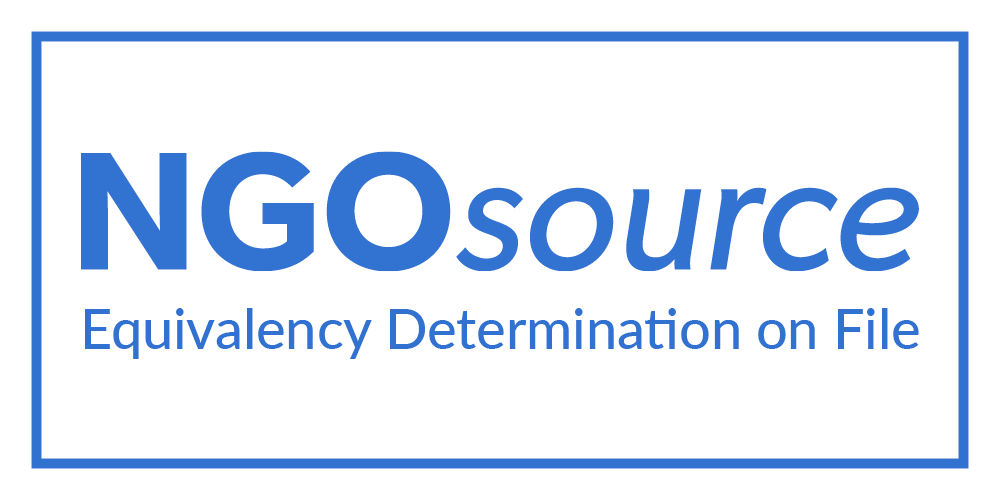Jakarta, May 24, 2024 – The proposed amendments to Law No. 32 of 2002 on Broadcasting have the potential to further obstruct artistic freedom, particularly the right to create without censorship and intimidation, the right to receive support, access distribution channels, and earn fair compensation, as well as the right to participate in cultural life.
Koalisi Seni has identified three major issues with the Broadcasting Bill. First, the establishment of a new censorship body threatens artists’ freedom to create, as the Indonesian Broadcasting Commission (KPI) is given expanded authority from mere oversight to direct regulation of broadcast content. KPI now has the power to issue broadcast content eligibility certificates based on the Broadcasting Code of Conduct (P3) and the Broadcast Program Standards (SIS), without being required to involve other stakeholders. This contradicts the bill’s stated goal in its explanatory section: “to create broadcasts that reflect the diverse aspirations of society.”
Second, the potential for criminalization and suppression of artists arises from the requirement for internal censorship to comply with P3 and SIS, which are based on subjective and ambiguous values such as religion, morality, and customary traditions. Such restrictions risk further silencing expressions from minority communities and vulnerable groups.
Third, the shrinking of civic space results from the bill’s expansion of broadcasting scope to digital platforms, which were previously outside its jurisdiction and limited to television and radio using public frequencies. This will further diminish opportunities for artists to distribute their work, especially for those who rely on digital platforms as their primary distribution channel. Beyond harming artists, these restrictions on access to diverse content will also infringe upon the public’s right to access works according to their preferences and needs.
For these reasons, Koalisi Seni proposes three key recommendations to ensure the Broadcasting Bill aligns with the principles of artistic freedom. First, the bill should be revised in its entirety to remove anti-artistic freedom provisions from the 2002 Broadcasting Law. Second, the censorship approach should be replaced with an age classification system accompanied by media literacy initiatives to cultivate a society capable of making informed viewing choices. Third, all stakeholders, including artists, should be involved in the drafting process to ensure the final legislation serves the public interest.
Koalisi Seni’s inputs and recommendations are further elaborated in the editorial opinion titled “The Broadcasting Bill Further Restricts Artistic Freedom.” This aims to push for policies that provide safe spaces for vulnerable and minority groups to freely interact and express themselves, transform broadcast media into a platform for promoting diversity, and uphold artistic freedom in Indonesia.
Written by: Amalia Ikhlasanti




